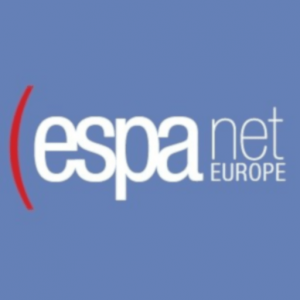The call for abstract for Espanet Europe sessions is now open. The conference will take place in Leuven from 2 to 4 September.
The deadline to submit the abstracts is 15 april.
In particular we highlight the session organized by Margarita León and Lara Maestripieri on Social Investment and inequality: exploring redistributive dilemmas:
Contemporary welfare states have been urged to adopt a ‘Social Investment turn’ (Hemerijck, 2017). In the context of changing labour markets and new social risks, social investment policies serve to ease the flow of contemporary labour-market transitions and focus on human capital enhancing from a life course perspective. Investing in early years education and care (ECEC) and labour market activation policies (ALMP) are two welfare domains which are central to the Social Investment paradigm.
However, cross-country differences remain very large in productive policies like ALMPs and ECEC services. Recent studies have shown the existence of important distributional conflicts among different socio-economic and ethnic groups in the use of these policies (on Matthew Effects and childcare see for instance Cantillon 2011; Van Lancker and Ghysels 2012; Abrassart and Bonoli 2015; Pavolini and Van Lancker 2018). The grade by which this distributive inequality is mitigated depends on entry requirements usually defined at the municipal level. Local discretion plays a relevant role in differentiating outcomes of social investment policies within the same country and across different social groups.
We welcome papers that empirically address this distributive dilemma at different levels by either proposing a cross-country/cross-municipal comparison or a single case study. Some indicative research questions would be: what are the factors that explain inequalities in outcomes in ALMPs and ECEC policies? Which are the social groups more affected by unmet demand from public services? What impact does different policy design have on the likelihood of service use for different families or individuals? We welcome all approaches – theoretical and empirical, substantive and methodological, micro and macro, qualitative and quantitative, as well as geographically specific research and comparative studies.
For more information, please check the ESPANET website.
